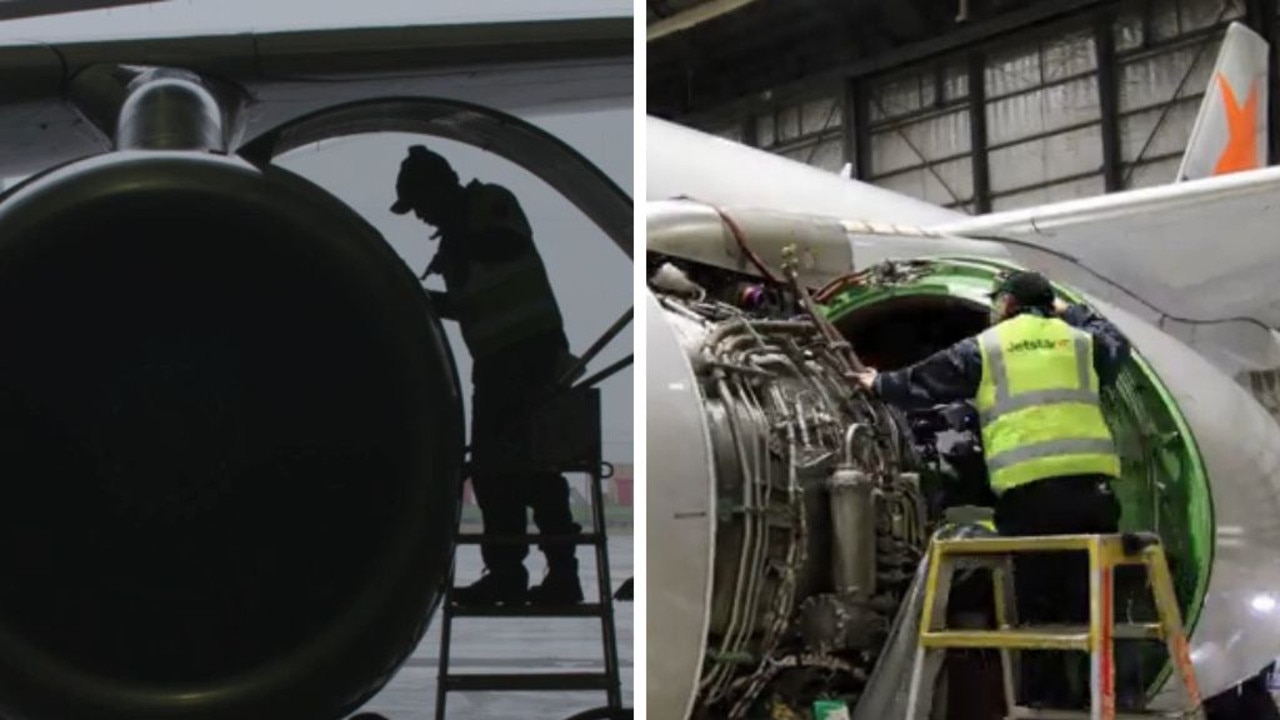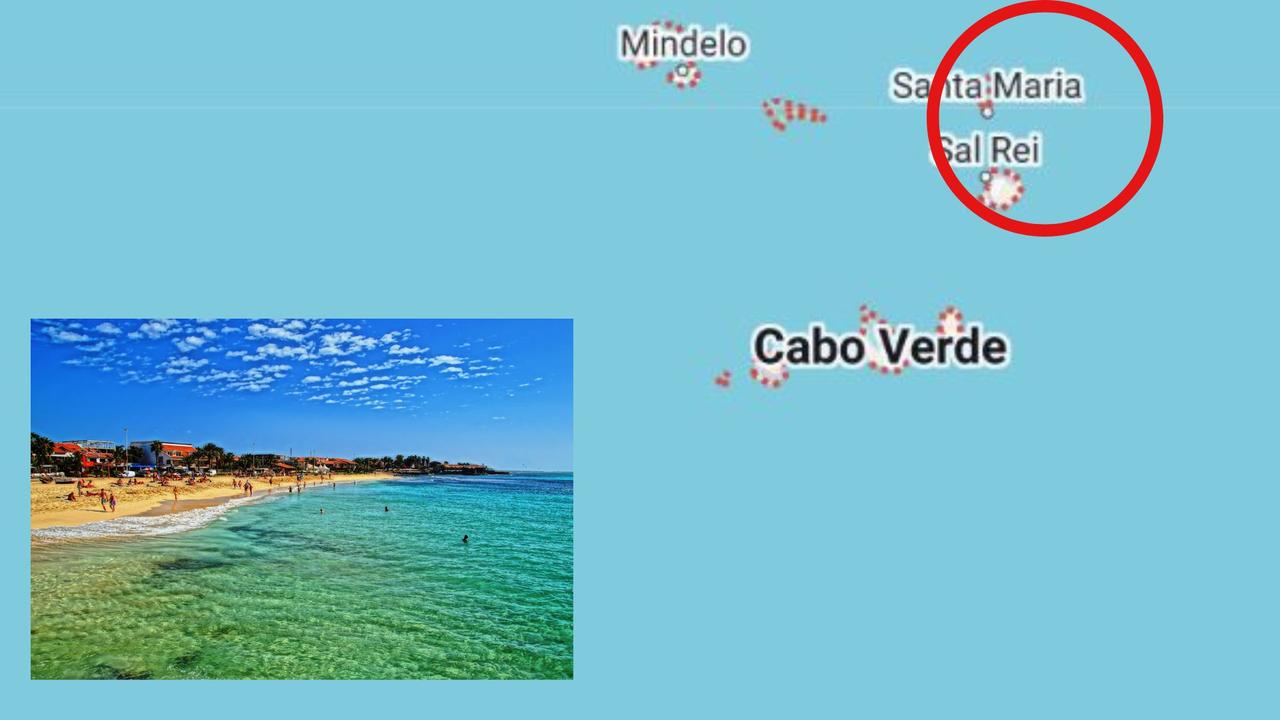Israel first country to ban all foreign visitors over Omicron fears
A country has become the first to shut its doors to foreign tourists due to serious concerns about the new Covid-19 variant Omicron.
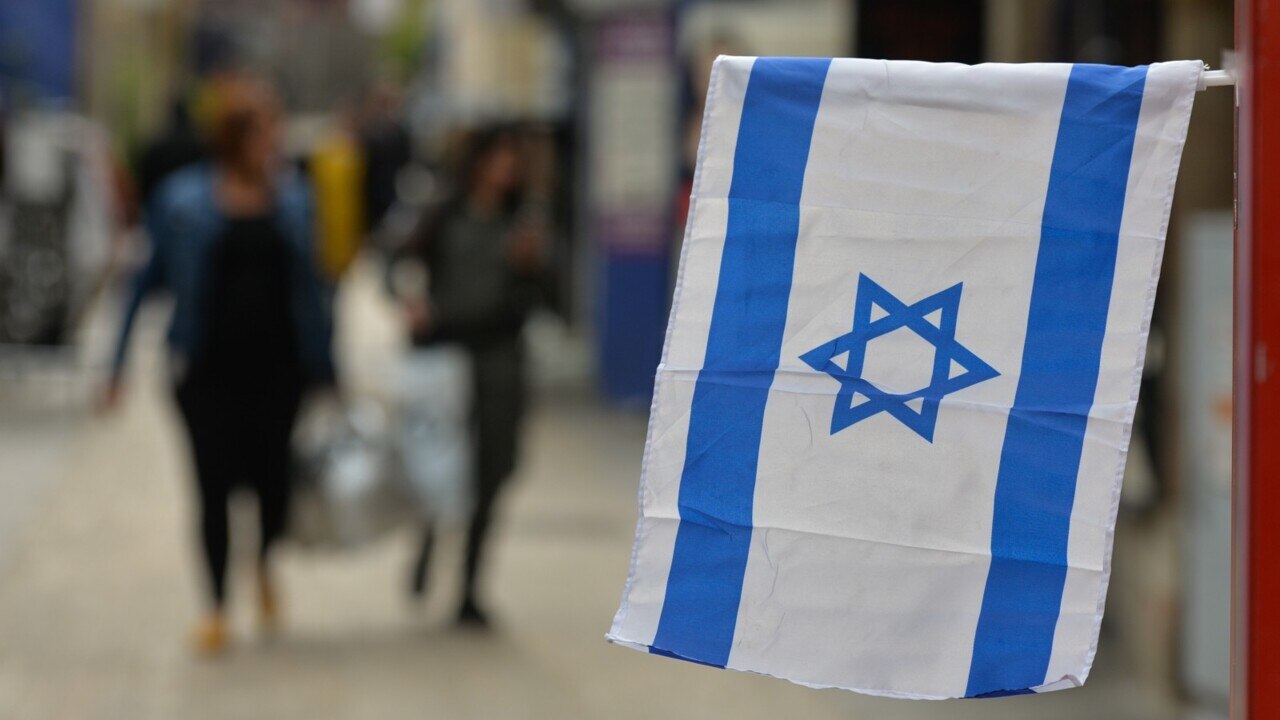
Israel has shut its doors to foreign tourists, the first country to do so due to concerns about the new Covid-19 variant Omicron.
“The entry of foreign nationals into Israel is banned except for cases approved by a special committee,” the prime minister’s office announced on Sunday.
During a meeting of the Israeli coronavirus cabinet, Prime Minister Naftali Bennett said the country needs to use “caution” and take “minimal risks” as the world learns more about Omicron, the Times of Israel reported.
“We’re currently in a period of uncertainty, it’s not a simple or comfortable place to be,” Mr Bennett said.
“The key here is caution and minimal risks until we learn more.
“We want to maintain the tremendous achievement of the State of Israel in the Delta wave — an open and functioning Israel, with a functioning economy, and an active education system with children going to school.
“That’s the top priority.
“To this end we need to maintain tight control over the country’s borders. Every day, we will learn more and know more.”
The cabinet voted to approve the closure of Ben Gurion Airport to non-citizen international arrivals for two weeks, except for those who are granted special permission from a government panel.
Mr Bennet said timing was of the essence: “We are raising a red flag; we understand we are on the verge of a state of emergency.
“We’ve been working together with other world leaders and now’s the time to act fast early hard and strong.”
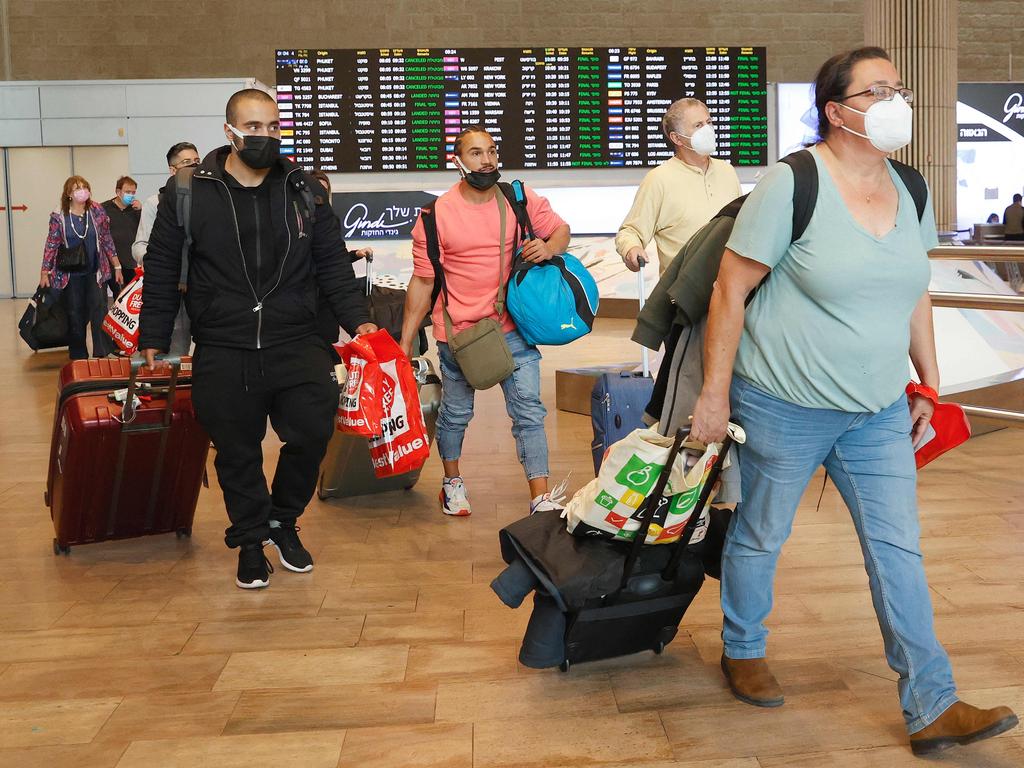
It also approved mandatory quarantine for all Israelis arriving from overseas, and tracking infected people by the Shin Bet internal security agency, local reports say.
Vaccinated Israelis will now be required to quarantine for 72 hours and take another Covid-19 test of the third day after their arrival.
Unvaccinated citizens must quarantine for a minimum of a week, and can leave upon taking a test on the seventh day with a negative result.
Those coming from high-risk “red” countries must quarantine in designated state-run hotels, until receiving a negative result.
The rules come into effect on Sunday night.
It comes just four weeks after Israel reopened to foreign tourists after a prolonged closure due to covid.
Israel says it would ban entry of all foreigners into country, making it first country to shut its borders completely over Omicron variant. Journalist Muhammad Al Kassim has more pic.twitter.com/XGPpyggpHX
— TRT World Now (@TRTWorldNow) November 28, 2021
Justice Minister Gideon Sa’ar reportedly opposed the move to close the country.
“These are very harsh steps. It’s a question of taking risks and we’ve taken bigger risks in the past,” Sa’ar is quoted by Army Radio as saying.
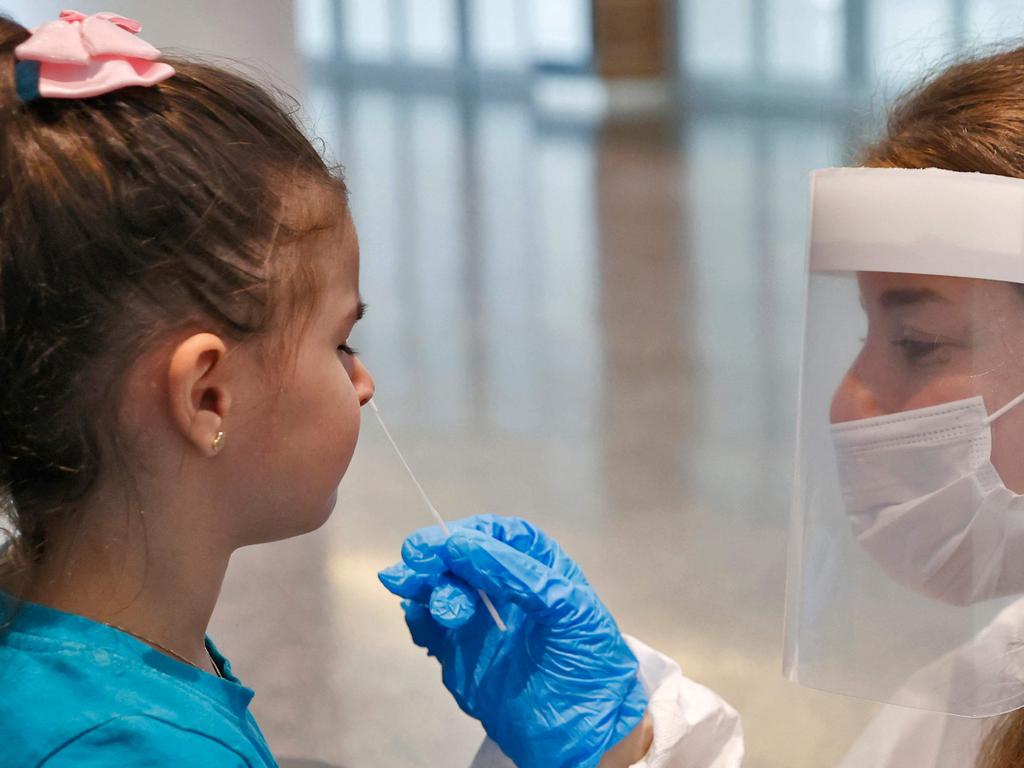
The government’s latest announcement came just hours before the start at sundown of the eight-day-long Jewish holiday of Hanukkah, the Festival of Lights.
It already imposed a series of emergency measures late Friday to protect its heavily vaccinated population after identifying a case of the new Covid-19 variant.
The health ministry said the new strain that was first detected by South Africa – known as B.1.1.529 – was discovered in a person who had arrived from Malawi.
Two more suspected cases have been detected in people returning from abroad, it said, adding that all three, who had been vaccinated, were placed in quarantine. The government later announced another suspected case.
Scientists in South Africa said on Thursday that they had detected the new B.1.1.529 variant with at least 10 mutations, compared with two for Delta or three for Beta.
The strain was of “serious concern” and had been blamed for a surge in infections, the authorities in South Africa said.
Mr Bennett said Israel would order 10 million PCR test kits.
Israel was one of the first countries to launch vaccines against the coronavirus last year, thanks to a deal with Pfizer that gave it access to millions of doses in exchange for data on the vaccine’s efficacy.
Its initial vaccine rollout of the Pfizer-BioNTech jab was among the world’s fastest, and more than 5.7 million of the country’s nine million people are now fully vaccinated.
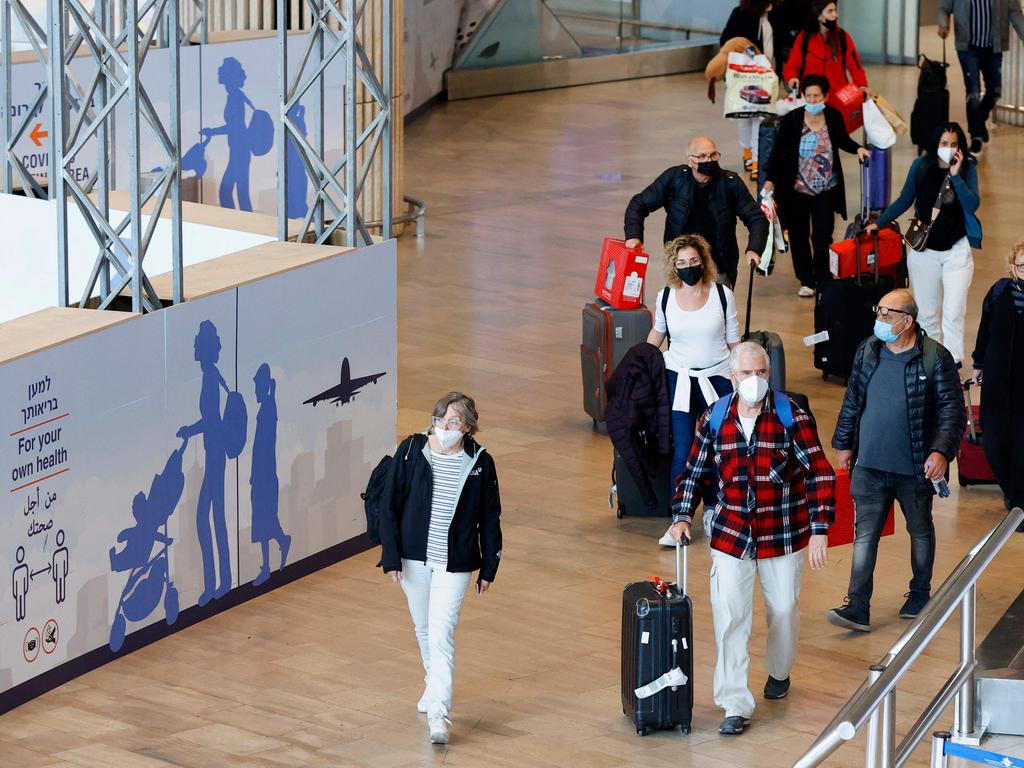
Travel restrictions and border closures
The UK was the first to ban flights from southern Africa, quickly followed by countries in the European Union and US, while Brazil, Canada, South Korea, Sri Lanka, Thailand, Oman and Kuwait have also imposed restrictions.
Meanwhile, Saudi Arabia has halted flights from and to Malawi, Zambia, Madagascar, Angola, Seychelles, Mauritius and the Comoros Islands. On Friday it suspended flights to and from South Africa, Namibia, Botswana, Zimbabwe, Mozambique, Lesotho and Eswatini.
On Saturday, Australia tightened its international border to travellers from nine African countries where the new variant of concern has been found.
People arriving from the African nations of South Africa, Lesotho, Botswana, Zimbabwe, Mozambique, Namibia, Eswatini, Malawi, and the Seychelles into any Australian state or territory must undergo 14 days’ quarantine.
NSW, where two cases of Omicron have already been confirmed, and Victoria also moved to impose more onerous conditions with vaccinated travellers from all other countries required to isolate for 72 hours on arrival into the states.
International flight crews will need to isolate for 14 days or until they leave on another flight.
– With wires

